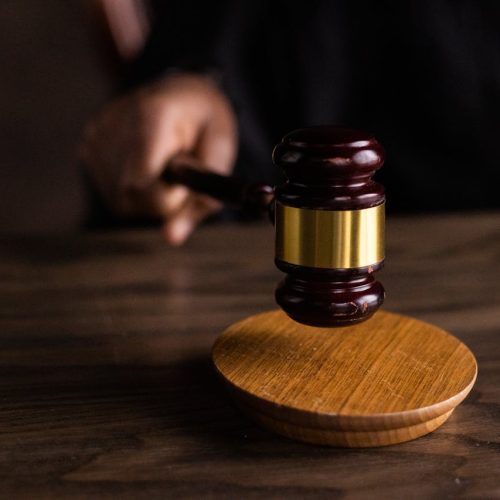“Stay away from difficult cases,” an old lawyer told a fellow who just passed the bar. The young man looked back at him and smiled, trying to figure out what he meant. He was eager to take whatever would come his way – easy or hard. He did just that as the years passed by, and soon other lawyers would refer him all the “dogs” that came to their doorstep. He tirelessly plowed along, oftentimes neglecting himself and his family, as files piled around the floor bulging with deposition transcripts, exhibits, memos, and briefs.
He could have made more money, with fewer headaches, had he stuck to ordinary and routine legal work. He certainly could have been home for supper instead of burning the midnight oil in the law library, or toiling through the night on a brief or memo. “So, I guess you would have done it differently,” I asked. “Nah,” he replied. “Those cases got me through the everyday stuff.”
To be sure, novel or unusual cases can be fulfilling for young lawyers seeking meaning in their work. It can be exhilarating to release a prisoner with a habeas corpus petition because his poverty prevented him from paying his fines and costs. It could even be amusing if the judge tells you “he’s not indigent, he just got a welfare check. Besides, you’ve only given me [U.S.] Supreme Court cases nothing from Ohio.”
Most of the time, however, these cases have bad facts, unclear law or unsavory defendants. You are either fighting in the dark or going against the grain. Cases that are clearer are nonetheless voluminous or unwieldy overwhelming even to resourceful firms, let alone a young lawyer. Yet these cases beckon us to take them when no one else will. Should we turn them away or should we take heart in the words Richard Nixon who said, “If [you] determine to win,
if you accept no substitute for victory, then victory becomes possible
Then spirit gives edge to the sword, and the sword preserves the spirit….” Regardless of one’s perception of Nixon, he understood our need for purpose well and was certain to fill his own life with some fight until his death. For him, purpose was best defined by struggle-regardless of whether the battle was ultimately won. He could imagine nothing worse than living life casually and without toil.
If it is true that need is the mother of invention, then perhaps it is also true that difficult cases are the vehicles for presenting needed legal solutions to emerging disputes. Indeed, our common law developed precisely this way with the help of resourceful lawyers advocating for the extension, modification, or outright reversal of existing law. Such seemingly insurmountable odds were at stake for Donald MacPherson’s lawyers, who successfully convinced Judge Cardozo to abandon the well-established requirement of privity in product liability cases.
This kind of perseverance does not mean that we should abandon reason and common sense
Prudence and accommodation are paramount according to Abraham Lincoln, who advised lawyers to “discourage litigation” and peacefully resolve disputes wherever possible. Cooperation naturally leads to a working degree of foreseeability amongst lawyers, and allows us to make a living by advising our clients on what to expect from our opponents. This does not mean, however, that we should automatically run away from what is considered odd, difficult or perhaps unpopular. After all, a good deal of our most precious Fourth Amendment rights are regularly clarified in felony cases, involving the most loathsome of defendants.
Four hundred years ago, Alexander Pope told aspiring poets “be not the first by whom the new is tried, nor yet the last to lay the old aside.” This may apply by analogy here as well: Be not the first by whom a hard case is tried, nor be the last to lay it aside. A difficult case can provide meaning, purpose, and new experience in our everyday practice of law; it may even improve the lot of our fellow men.
This was reportedly said to attorneys in chambers by the late Judge Young of the Warren Municipal Court approximately 20 years ago.






